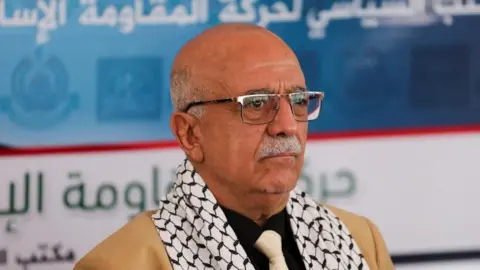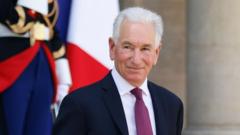At the National Mosque in Kuala Lumpur, an electrifying atmosphere enveloped Mahathir Mohamad, the long-revered figure of Malaysian politics. Clad in a gray suit, the 99-year-old statesman stepped out of an elevator, prompting worshipers to surge forward, eager for a brief touch of greatness. Some bent down in reverence, kissing his hand, while others raised their phones in an attempt to capture a moment with the man who has shaped Malaysia like few others.
Mahathir's nearly 24-year tenure as prime minister has rendered him the longest-serving leader in the country's history, with a significant first stint that began in 1981. His vision catalyzed a comprehensive economic transformation, pivoting Malaysia from heavy reliance on raw materials like tin and rubber to establishing itself as a prominent player in the high-tech industry. His tenure is often credited for putting Malaysia on the global map, marking a period of substantial growth and modernization.
However, Mahathir’s leadership was not without its shadows. After stepping down in 2003, he returned to politics at 92 in 2018, making headlines as the world's oldest prime minister. His resurgence reignited a controversial chapter in Malaysian politics, characterized by accusations of authoritarianism against his opponents—including Anwar Ibrahim, who is now the current prime minister. Moreover, his remarks deemed anti-Semitic and racially charged have further complicated his legacy, alienating numerous segments of society.
During a reflective interview, Mahathir provided insight into how he perceives his contentious role in Malaysian history, highlighting the juxtaposition between the praise and the criticism he has elicited over the decades. How he balances his self-assessment against the backdrop of a rapidly changing global and local landscape continues to evoke interest and debate as Malaysia marches forward.



















